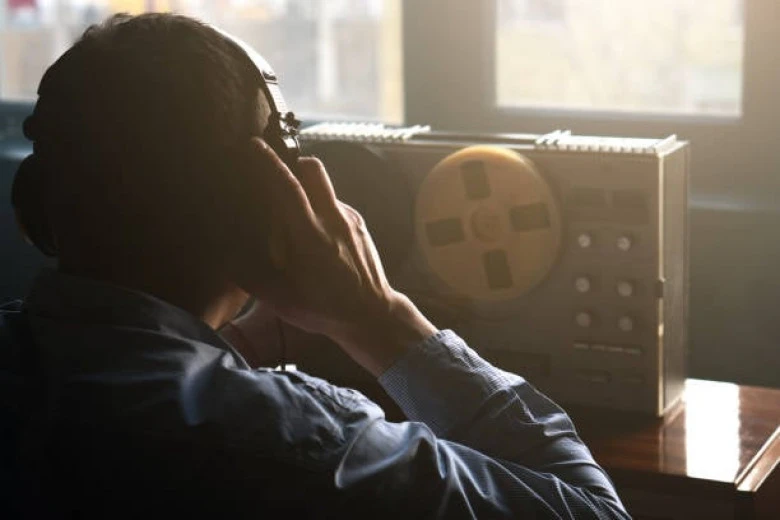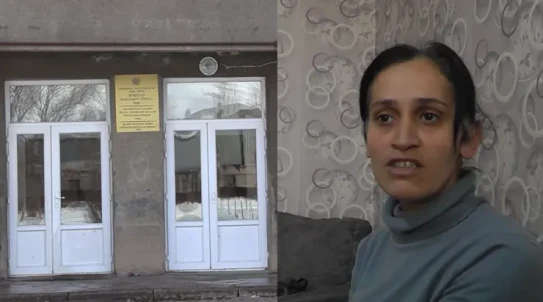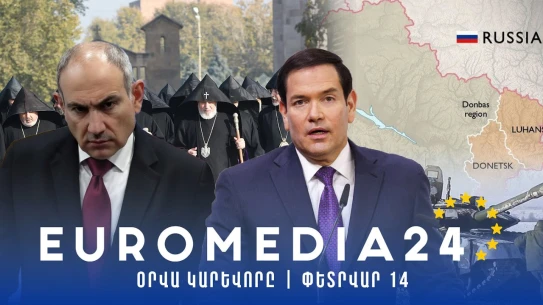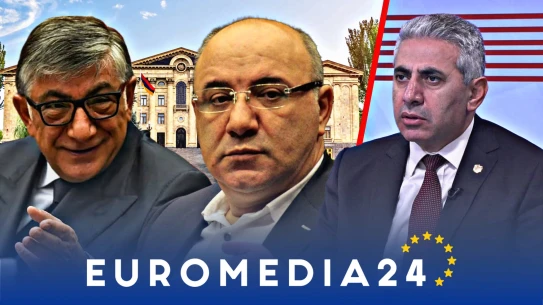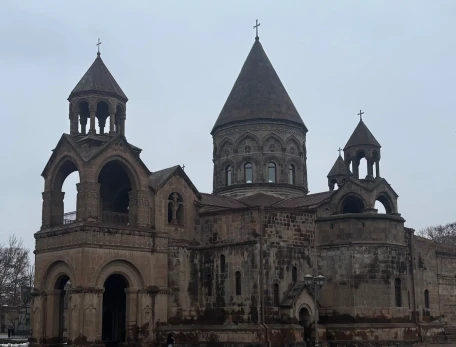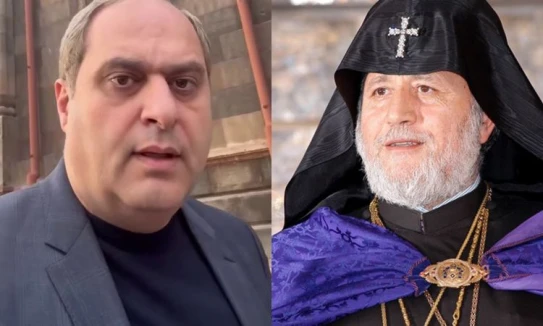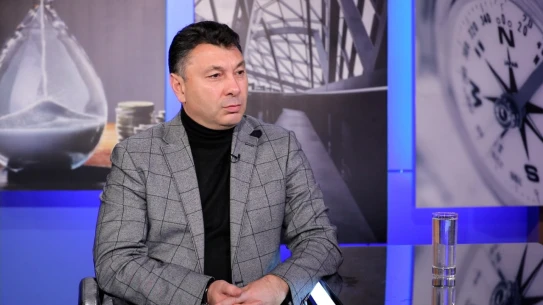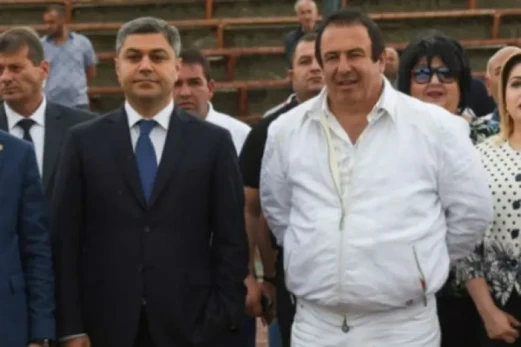"Fact" daily writes:
Yesterday, recordings of clergymen's phone conversations were released. In a sense, it was already foreshadowed. Yesterday's "leaked" conversations were on the topic of intra-church relations. In connection with them, many expressed the opinion that with such "leaks" the authorities are trying to form "grounds" for the arrest of the Armenian Catholicos.
There were also opinions that they would not go to it anyway. But everything from these authorities, any manifestation of arrogance is to be expected. But here is the other side of the issue, that is, the publication of the telephone conversations themselves. If we accept that these recordings are not fabricated and actually took place, then we are talking about the violation of the confidentiality of telephone conversations, which is a crime in itself, as the Mother See stated in her statement yesterday.
By the way, this is not the first time that telephone conversations have been made public. One may get the initial impression that the shared recording was made by one of the interlocutors and is now being made public. But, taking into account that it is not about one conversation, there is also another interlocutor, it must be assumed that we are dealing with an intercepted telephone conversation and its processed recording made public.
And that means that the law enforcement system publishes and spreads the intercepted conversations through the press, actually using them as a political and propaganda "tool" in favor of high-ranking government officials.
This, in any case, brings with it serious legal problems. The problem is first that widespread eavesdropping. More specifically, their legality. It is a problem to spread these recordings through the media. It is noteworthy that shortly after the publication of the recordings, the "law enforcement bodies", represented by the Prosecutor General's Office, responded with the following wording: "The recording distributed on the Internet will be the subject of investigation within the proceedings."
Taking into account that recently such "examinations" have been manifested in the form of high-ranking clergymen of the AAS, depriving them of their freedom on trumped-up charges, one can hardly expect any worry (the newspaper was ready for printing when it became known that criminal proceedings had been initiated).
However, one question still remains. And will the question of acquiring and making these recordings public become a "subject of examination"?
Details in today's issue of "Past" daily
















